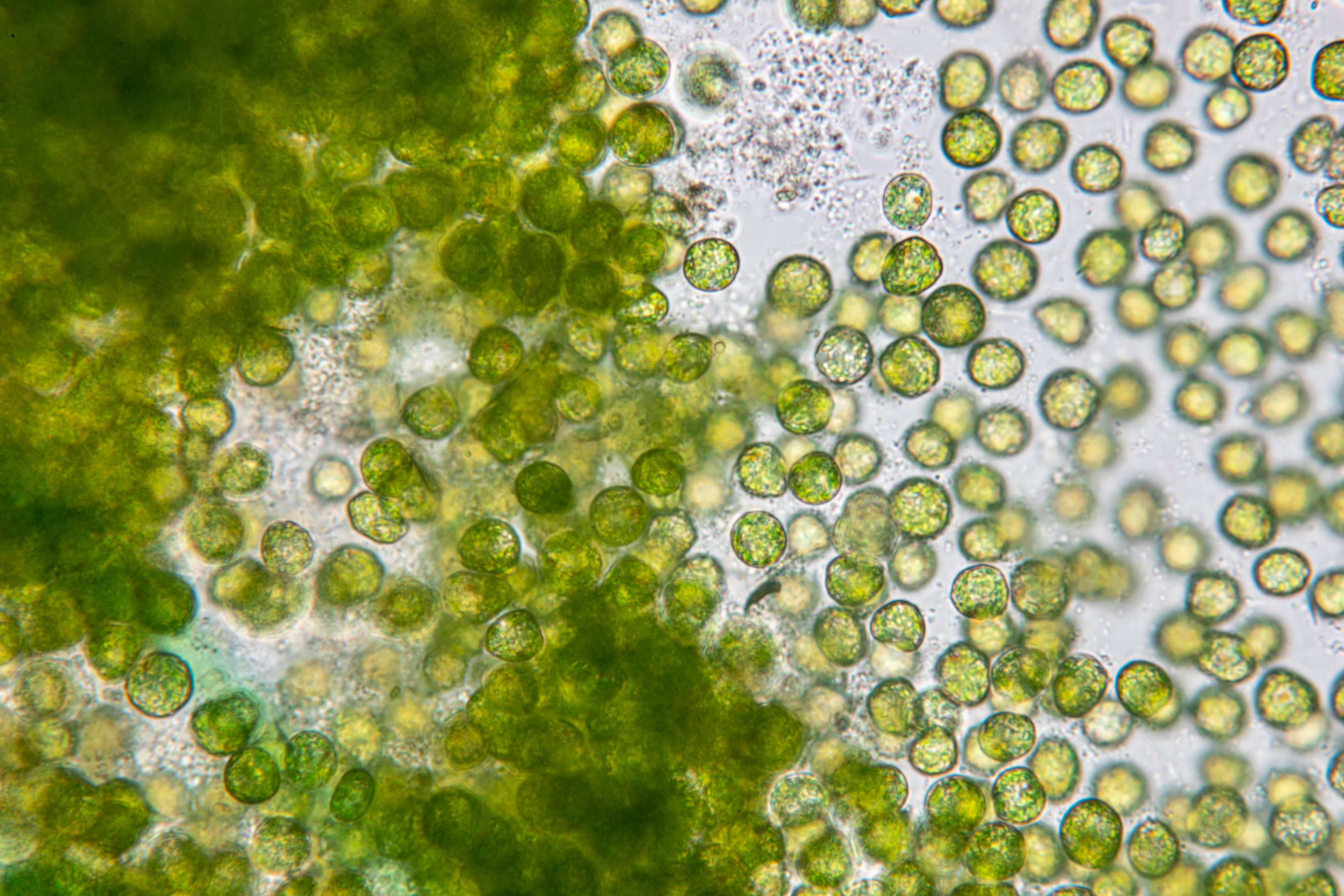Building harvesting infrastructure for algae research
Research collaboration, funded by the Industrial Biotechnology Catalyst, between the Plymouth Marine Laboratory, BBSRC strategically-funded Rothamsted Research, and Algenuity has investigated how to use microalgae to produce a range of bioproducts, such as proteins.
The project, known as Pilot Algal Lipids Manufacturing in the UK (PALM-UK) and led by Professor Michael Allen, now of Exeter University, studied a wide range of biological, chemical, and physical processes to aid the utilisation of algae, which built infrastructure for further research. For example, researchers developed a new technique to harvest microalgal cells quickly and cheaply in a range of water environments, as well as culturing and harvesting infrastructure for generating large amounts of genetically modified microalgae. The harvesting techniques developed could be applied to removing harmful algae blooms in the natural environment or to improve processing in industrial pipelines. Further funding by Innovate-UK has enabled the use of this infrastructure to develop microalgae for use in cattle, broiler and aqua feeds.
